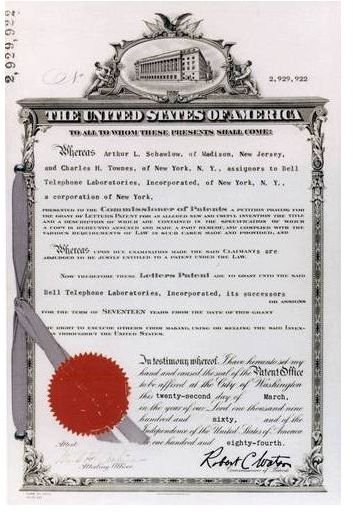What Is An Intangible Fixed Asset?
A business consists of assets and liabilities, or in other words, what it owns and what it owes. There are several types of assets a business can possess. One type is referred to as intangible fixed assets. An intangible asset is not something that is in a physical form such as a building or equipment. It is an asset that has a value but lacks a physical structure, such as a trademark or brand. For example, Coca Cola’s red and white wave logo is one of the most valuable assets it owns, and yet it does not have a real physical form. Intangible fixed assets can be indefinite or definite. Indefinite assets do not expire, whereas definite assets have a timeframe. For example, a company’s brand name is considered an indefinite fixed asset because it lasts as long as the company is in business.
Types of Intangibles
Intangible assets are included as part of a business’s intellectual property. This is a term used to refer to assets a business has outside of physical assets. A patent is one type of intangible asset. A patent is a form of legal ownership a person or company receives for a product or idea. It keeps others from being able to use the identical product or service and make a profit from it. Along those lines are another intangible asset called a trademark. A trademark grants ownership of a logo or name for a company. If a name or logo is trademarked, no one else can use it or anything similar for business purposes. Examples of trademarked logos include McDonald’s Golden Arches and the Nike Swoosh. The name Kleenex is a trademark for a specific brand of tissues, and Xerox is a brand of a copier.
Legailties
Companies register trademarks and apply for patents so they can have legal ownership for the idea, concept, or product. A person or company that copies or emulates the trademark or patent of another company is committing infringement. Infringement is a serious offense that can result in fines, lawsuits, or revocation of a company’s business license. Infringement not only covers the copying or emulation of a logo or trademark; a company that attempts to pass itself off as being affiliated with another company can be sued for infringement as well.
Accounting for Intangible Assets
Intangible assets are not generally included on a balance sheet since they are not physical assets with a tangible value. Instead, their value is represented in stock value and brand recognition. In many ways, these measurements can be of more value than a business’s buildings and equipment. A business’s logo drives business. People recognize the logo and remember what it represents, which can lead to increased sales. So, although its value is not on a balance sheet, an intangible asset’s value is reflected on the income statement in the form of profits for the business.
Resource and Image Credit
Image credits: Patent, from HowToPatentAnIdea.net, at https://howtopatentanidea.net/wp-content/uploads/2008/10/patent_sm.jpeg, and also displayed at WIkimedia Commons, from Kenneth R. Reick, https://commons.wikimedia.org/wiki/File:Yt_patent.gif
